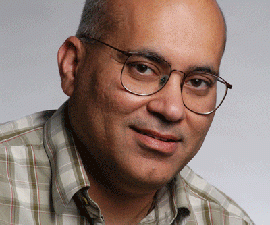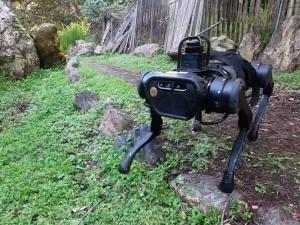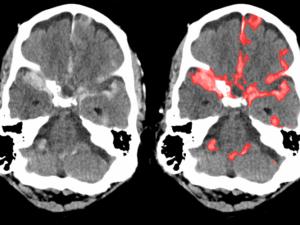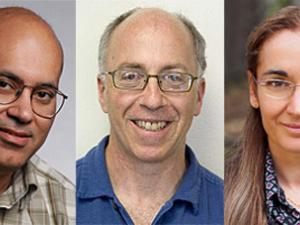

Research Expertise and Interest
computer science, electrical engineering, vision science, computer vision, robotics
Research Description
Jitendra Malik was born in Mathura, India in 1960. He received the B.Tech degree in Electrical Engineering from Indian Institute of Technology, Kanpur in 1980 and the PhD degree in Computer Science from Stanford University in 1985. In January 1986, he joined the university of California at Berkeley, where he is currently the Arthur J. Chick Professor in the Department of Electrical Engineering and Computer Sciences. He is also on the faculty of the department of Bioengineering, and the Cognitive Science and Vision Science groups. During 2002-2004 he served as the Chair of the Computer Science Division, and as the Department Chair of EECS during 2004-2006 as well as 2016-2017.
Prof. Malik's research group has worked on many different topics in computer vision, computational modeling of human vision, machine learning and robotics. Several well-known concepts and algorithms arose in this research, such as anisotropic diffusion, normalized cuts, high dynamic range imaging, shape contexts and R-CNN. He has mentored more than 70 PhD students and postdoctoral fellows.
He received the gold medal for the best graduating student in Electrical Engineering from IIT Kanpur in 1980 and a Presidential Young Investigator Award in 1989. At UC Berkeley, he was selected for the Diane S. McEntyre Award for Excellence in Teaching in 2000 and a Miller Research Professorship in 2001. He received the Distinguished Alumnus Award from IIT Kanpur in 2008. His publications have received five test of time awards, the Longuet-Higgins Prize for papers published at CVPR (twice) and the Helmholtz Prize for papers published at ICCV (three times). He received the 2013 IEEE PAMI-TC Distinguished Researcher in Computer Vision Award, the 2014 K.S. Fu Prize from the International Association of Pattern Recognition, the 2016 ACM-AAAI Allen Newell Award, the 2018 IJCAI Award for Research Excellence, and in 2019 IEEE Computer Society's Computer Pioneer Award. He is a fellow of the IEEE and the ACM. He is a member of the National Academy of Engineering and the National Academy of Sciences, and a fellow of the American Academy of Arts and Sciences.
In the News
New AI strategy enables robots to rapidly adapt to real world environments
With AI, machines become expert at reading brain scans
Five Berkeley scientists named to National Academy
Three UC Berkeley faculty members elected to National Academy of Engineering
Three UC Berkeley faculty members have joined the ranks of the prestigious National Academy of Engineering. Armen Der Kiureghian, Jitendra Malik and Ramamoorthy Ramesh are among 68 new members and nine foreign associates elected on February 8, 2011.


